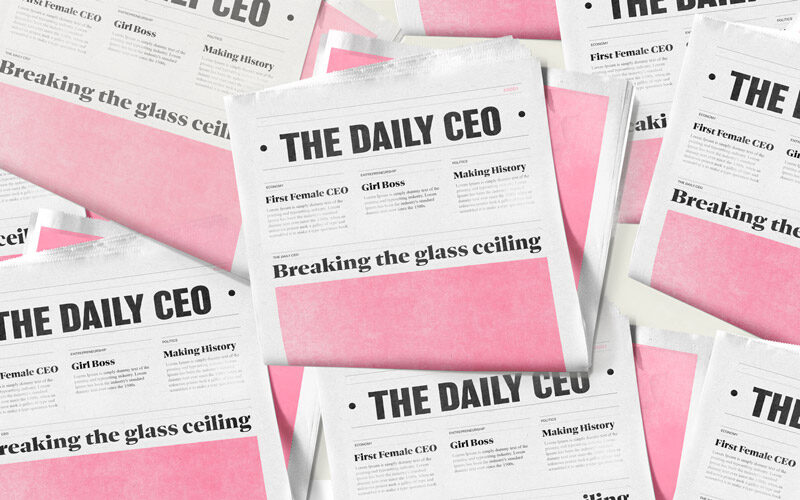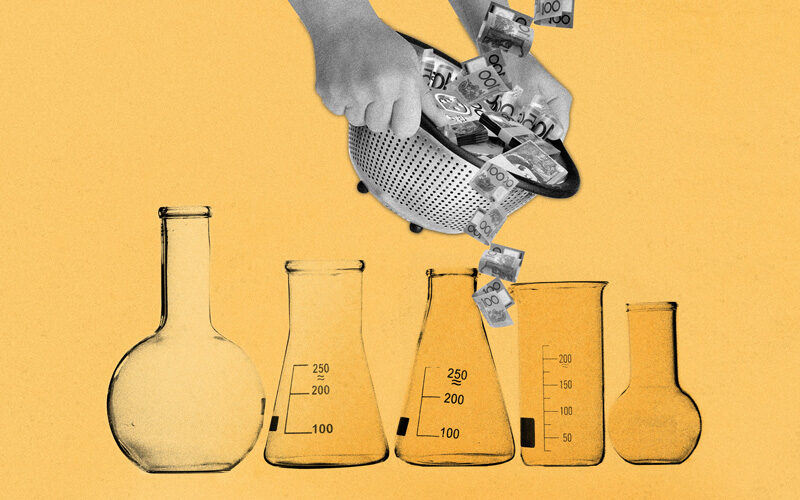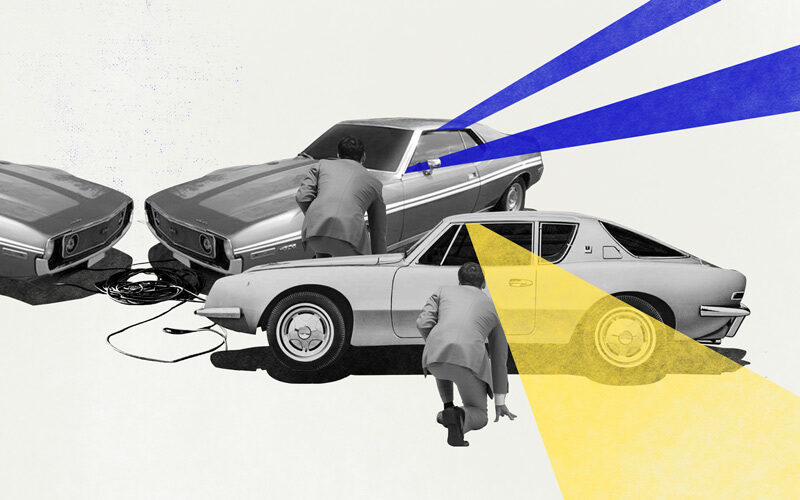On March 10th, 2019, an Ethiopian Airlines Boeing 737 Max 8 crashed shortly after takeoff, killing all 157 people on board. This was the second deadly crash involving the same aircraft model in just five months, following a Lion Air disaster in October 2018 that killed 189.
Boeing has come under intense scrutiny in the wake of the crashes, with many wondering how such an industry-leading company could let two deadly accidents happen in a row.
Critics in a recent Netflix documentary pointed to the greed-driven culture at Boeing contributing to the accidents. With the immense pressure to compete against Airbus, Boeing may have cut corners in the development and safety testing of the 737 Max.
This culture of putting profits first is not unique to Boeing – it is a symptom of a much larger problem in the business world. Too often, companies are driven by the need to make shareholders happy rather than prioritising the safety of their customers or employees.
And that’s not even to mention the environmental impact of their actions and of the aviation industry at large. Boeing has the world’s best engineers at it’s disposal. That combined with the immense technology, black box data, budget, and influence it has, Boeing could have been early adopters of renewable energy, green construction, and sustainable manufacturing processes.
But in 2022, these efforts are only just beginning.
What if Boeing was a different kind of company from the start? What if it was a B-corp?
Why weren’t industrialists woke?
The 20th century brought unimaginable wealth to industrialists, miners, corporation founders, and hedge funds. The priority was money, and the goal was money.
Unions had to campaign for decades before workers rights got anywhere close to caught up. And as we’re seeing around the world, CEOs are still hauling in millions while people are choosing between heating and eating.
What if pro-social values had been baked in from day one? Would we be living in a harmonious utopia? Would capitalism even still exist?
One thing’s for sure, we might not be facing planetary extinction.
To be fair to your average Victorian factory owner, he didn’t know he was destroying the world for future generations. Air quality and pollution levels weren’t measured until the mid-century. The same can’t be said for plastics manufacturers.
They knew their oil-based consumer products would not break down, but continued to churn them out and allow their spread into the oceans since the 1970s (but, unofficially, possibly as early as the ‘50s). A report by Ciel has shown that “both fossil fuel and plastics manufacturers were aware of the ocean plastics problem, and were involved in workshops and conferences actively discussing the issue and how to deal with it”.
But they didn’t deal with it. The concept of producer-owner responsibility didn’t exist then. Instead, they lied, denied, and fought sustainability regulation tooth and nail.
The interesting thing about plastic is that it’s inherently good. Its sanitary properties have prevented countless infections. It brought affordable goods to the average consumer. It’s a water-saving alternative to cotton and paper products. It’s reusable and recyclable.
Oil-based polymers are carbon intensive, but nowhere near as intensive as burning oil for fuel. With a proper system to capture waste, plastic could’ve been a resource, not a plague.
Was it all bad?
One argument that always pops up in the pro-capitalism debate is that it lifted billions out of poverty.
It’s very hard for those of us in comfy Western civilisations to believe now, but 94% of the world’s population was living in “extreme poverty” in 1820. By 1950, that percentage had dropped to 72%. It’s now 9.2%.
Historian and author of Progress Johan Norberg thanks free-market capitalism, and its power to bring average goods prices down via globalisation and mass production.
The common perception is that we have vast wealth imbalances. And it’s true. The 1% are better off than the rest – more so than ever in history. But the 99% are much better off than they were. The philosophical question is what’s more important: that millionaires and billionaires are allowed to exist, or that millions are no longer starving?
If we could do it all again
The problem is likely not that early industrialists were evil. It’s that we didn’t know what we didn’t know.
This is the annoying thing about human progress. We have to wait for it to progress.
But let’s look at what could have been changed, going back to the example of Boeing.
Boeing might have chosen to balance profit and purpose. Leaders might have considered the impact of their decisions on stakeholders, not just shareholders, and the wider impact of their decisions on employees, the environment, and society as a whole.
If Boeing were a B-corp, it would have had to disclose its emissions, waste, water usage, and other environmental indicators from the very beginning. It would also have been required to report on social impacts, such as employee satisfaction and diversity statistics.
It could have been a role model for aviation and other industries to follow.
It might have a chance yet, given its new work with sustainable aviation fuels, low-carbon technologies, and goal to meet net-zero emissions by 2050.
What we know now
The brands who will survive the winter are the brands with an actual mission / vision.
Consumers want to see you not destroying the world.
Transparency will be a global megatrend. Pricing transparency, supply chain transparency, publishing carbon emissions, transparent hiring and diversity practices, even transparent salaries (imagine). Non-public startups don’t have to disclose financial statements, but many are choosing to. Consumer trust can no longer be bought, it has to be earned.
The new leadership will – or should – champion the people, not crack the whip. Middle management is firmly on the back foot following the pandemic, and workers are here for it. Otherwise, they’ll just quit.
We may finally be comprehending the importance of long term thinking over short term gain. Many businesses still operate with a short-term, rapid growth, profit at all costs view, but as the speed-quality-price triangle shows us, there is always a cost. If that cost is the planet, it’s too great.
Good people, bad things
Why moralistic, pro-social decisions are not made by extremely powerful business leaders is a complex topic for a more scientific publication.
Most politicians, decision-makers, and business leaders are normal people who get blinkered by power, self-preservation, and investor pressure.
To finish with a quote from Kim Stanley Robinson’s Ministry For The Future (read it if you want to be terrified about climate change, but then ultimately hopeful):
“Executive decisions… will be made by about 500 people. They will be good people. Patriotic politicians, concerned for the fate of their beloved nation’s citizens; conscientious hardworking corporate executives, fulfilling their obligations to their board and their shareholders. Men, for the most part; family men for the most part: well-educated, well-meaning. Pillars of the community. Givers to charity. When they go to the concert hall of an evening, their hearts will stir at the sombre majesty of Brahms’s Fourth Symphony. They will want the best for their children.”











